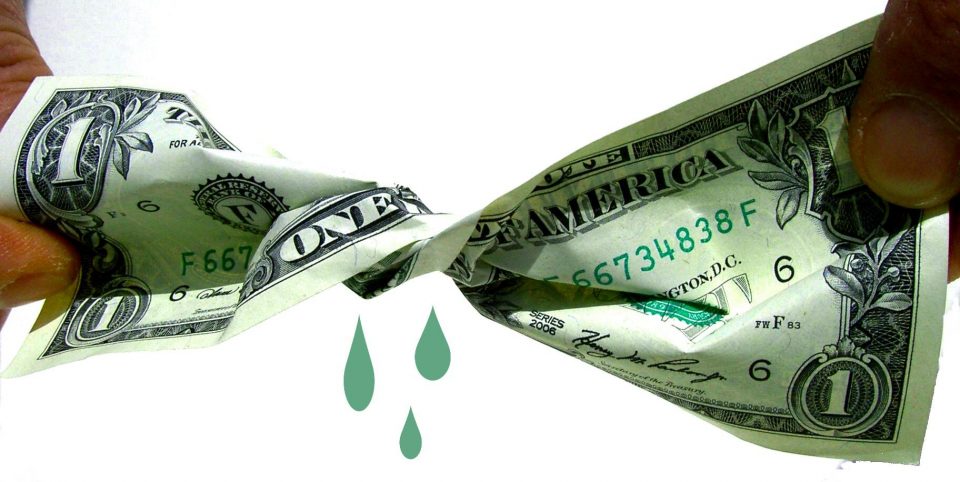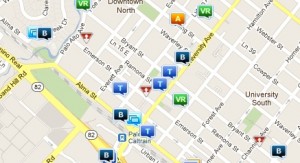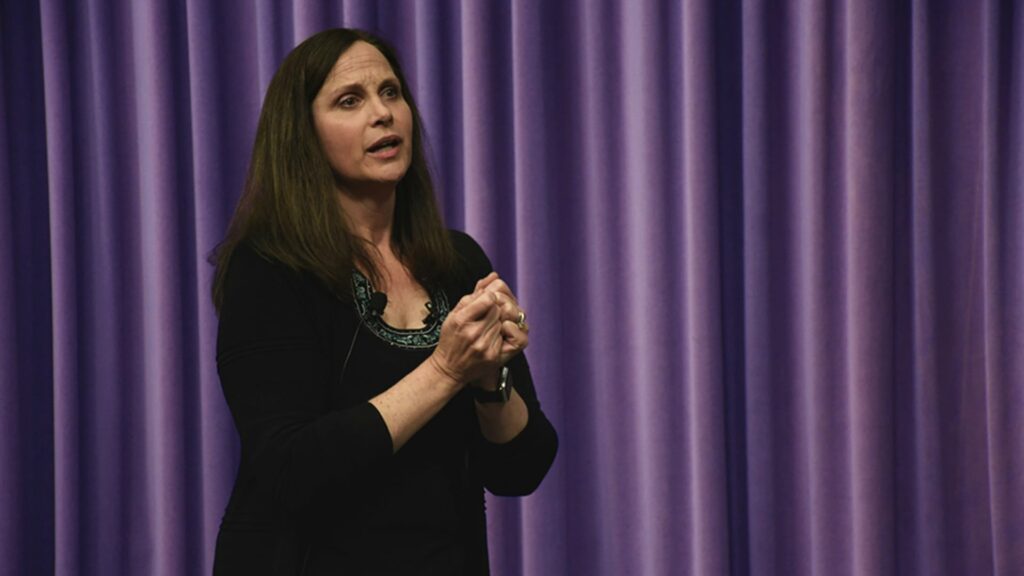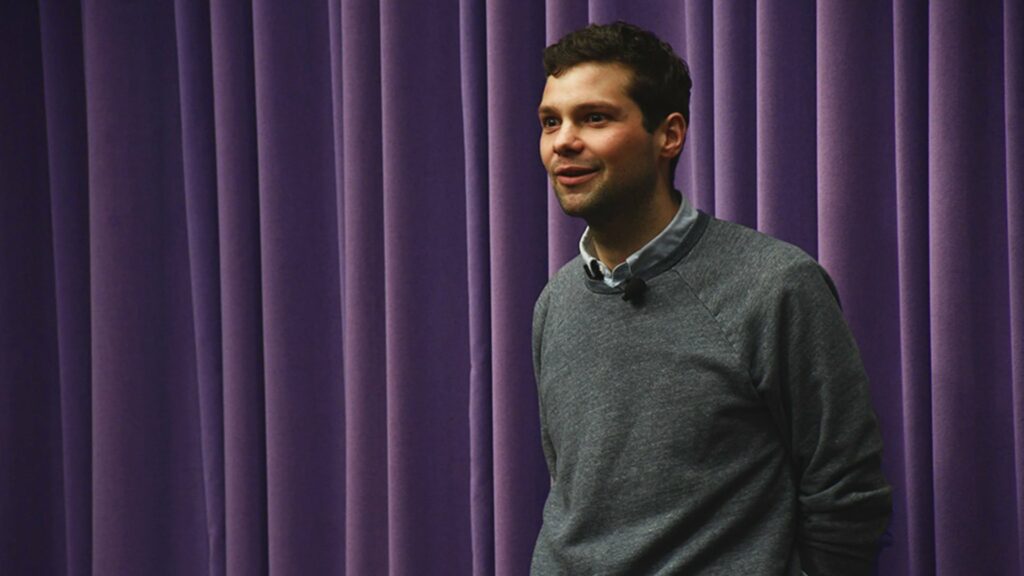
The industrial revolution transformed the business landscape, just as the managerial revolution transformed how we manage large firms. Today, a third revolution, an entrepreneurial revolution, is underway, shaking the very foundations of what we believe about entrepreneurship. What does this mean for entrepreneurs?
As an entrepreneur, Greg was doing everything right according to traditional wisdom and it was killing his business.
Take the example of Greg Whisenant at CrimeReports.com. As an entrepreneur, Greg was doing everything right according to traditional wisdom and it was killing his business. It started several years earlier when Greg’s apartment building had been robbed. Frustrated and feeling a need to do something about it, he joined a neighborhood watch group and offered to map crimes happening in the area.

As Greg continued, he came to believe that mapping the locations of crimes would align and empower the efforts of citizens and police to reduce overall crime in each neighborhood. So then he did everything right according to standard entrepreneurial wisdom: he had a big vision, built a product, landed a customer, raised venture financing and hired a team.
But despite his best efforts, doing everything right was leading nowhere quickly. In fact, after several years, Greg had still landed only one customer. But once Greg changed his process, in the next three years he landed over 2,000 paying customers. So what was the difference?
Several years ago, my co-author Paul Ahlstrom, a serial entrepreneur and experienced venture capitalist, set out to write a book, Nail It Then Scale It. Based on my research and his experience, we worked to describe a new entrepreneurial process. The process we articulated involved nailing your business and, for Greg and all entrepreneurs, the journey should begin by nailing a pain.
…we argued to Greg that he needed to stop building, get into the field and uncover the Monetizable Market Pain—a pain so significant that customers will return your cold calls.
Unfortunately, most entrepreneurs begin with their idea and build a product. Instead we argued to Greg that he needed to stop building, get into the field and uncover the Monetizable Market Pain—a pain so significant that customers will return your cold calls. If you don’t uncover a Monetizable Pain (and we measure that by 50% of your potential customers being willing to return your call), then you probably don’t have a sustainable business worth your blood, sweat and tears.
So how did Greg do this?
He stopped building and started talking to everyday people and police departments. He quickly discovered that everyday consumers wouldn’t pay for his service and that police departments hated his advertising-based business model. At this point, Greg and his fellow founders began to despair, but as they continued to listen (rather than sell), they discovered some crucial pieces of information.

For one, police officers were fascinated by the data possibilities of the website and were excited about leveraging the Internet to increase the quality of their communication with citizens. Police chiefs and officers could now use a data “dashboard” to track trends and daily activity.
As the enthusiasm built in each conversation, the CrimeReports founders learned that police would actually pay them to post their data — advertising wasn’t necessary. As they continued to learn and refine their prototype, the feedback from customers was astonishing. Their customers said things like:
“This blows other choices out of the water.”
“We’ve been trying to do this for years.”
“It used to take us six months to get this kind of data. Now we can get it the next day.”
The number of police departments purchasing the product went from one customer to over 2,000 paying customers in three years. And not only did customers clamor to sign up, but the CrimeReports website jumped in popularity with everyday citizens. Applying the process was nothing short of transformational.







